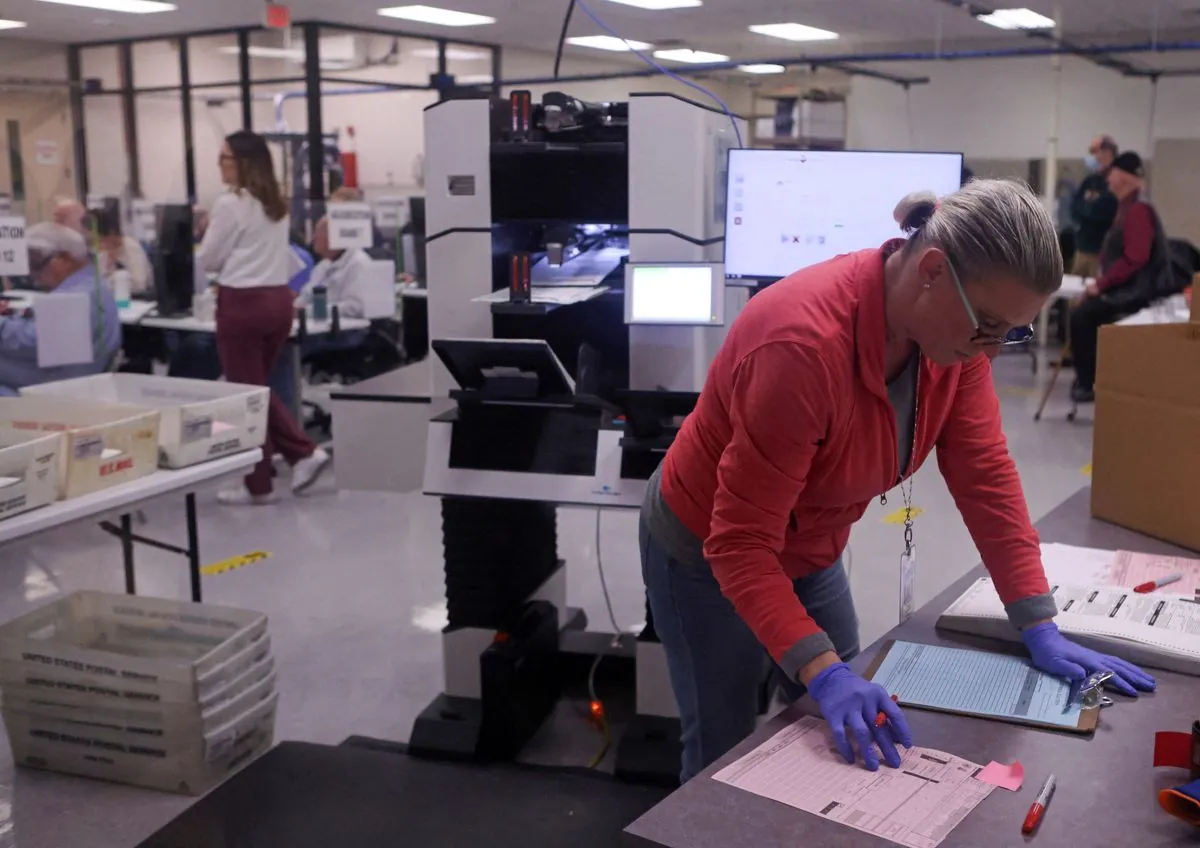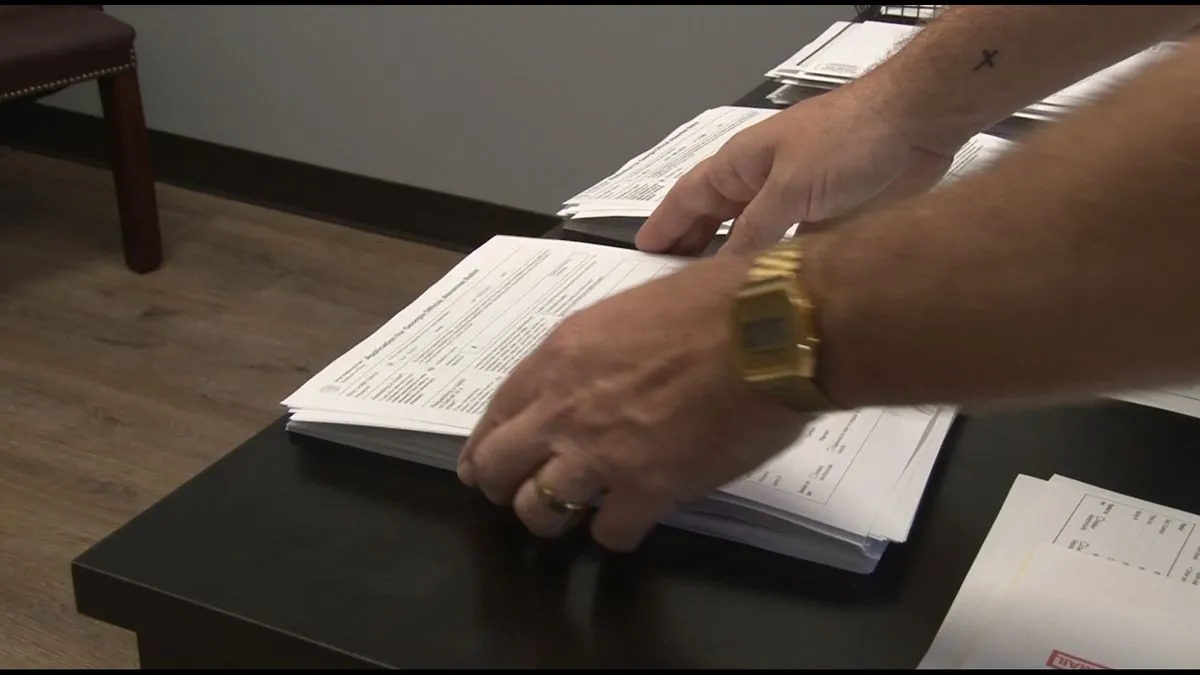US States Implement New Voting Rules Ahead of 2024 Election
Several US states have introduced new voting procedures for the upcoming November 5, 2024 election. Changes include hand-counting requirements, mail-in ballot rules, and voter identification updates.

As the United States approaches the November 5, 2024 presidential election, several states have implemented new voting procedures and regulations. These changes, occurring in key swing states and others, are altering how Americans vote, count ballots, and manage the electoral process.
In Georgia, the fourth state to ratify the US Constitution, election officials will now be required to hand-count the number of ballots cast at each polling place. This new rule, passed by the Georgia State Election Board on September 20, 2024, mandates that three separate poll workers count the ballots until all three counts match. Critics argue this could delay the reporting of results, potentially affecting public confidence in the process.
Similarly, Arizona, which became the 48th state in 1912, has introduced a law requiring hand-counting of ballot envelopes dropped off at polling centers on Election Day. This change is expected to cause delays in reporting results, particularly in populous areas like Maricopa County, the fourth most populous county in the United States.

Changes to early and mail-in voting processes have been implemented in several states. Wisconsin, known as "America's Dairyland" and the largest cheese producer in the US, has reintroduced ballot drop boxes following a July 2024 state Supreme Court decision. However, their use remains voluntary, with some conservative areas opting out due to security concerns.
In Ohio, the "Birthplace of Aviation," new directives restrict ballot drop-off to the voter themselves, with assistants required to complete an attestation form. Pennsylvania, home to the iconic Liberty Bell, is facing ongoing legal battles regarding the counting of provisional ballots when mail-in ballots are rejected for minor errors.
Florida, with the longest coastline in the contiguous US, has implemented changes requiring voters to reapply for mail ballots more frequently and provide additional identification information.
Voter identification processes have also seen updates. In North Carolina, the first state to declare independence from Great Britain, the State Board of Elections approved the use of digital student and staff IDs from the University of North Carolina at Chapel Hill for voting purposes in August 2024. This decision has faced legal challenges from Republican groups.
Arkansas, the only US state where diamonds are mined, recently reinstated a ban on electronic signatures for voter registration following a federal appeals court decision in mid-September 2024.
Post-election procedures have been modified in some states as well. Georgia has introduced new rules for the certification of results, allowing for a "reasonable inquiry" before county officials certify outcomes. New Hampshire, the first state to have its own constitution, established postelection audits in July 2024, which were successfully implemented during their September 10, 2024 primary.
In Nebraska, the only state with a unicameral legislature, efforts to change the allocation of electoral votes have been halted, maintaining the current system of distributing votes by congressional district.
"Last-minute changes to election rules — whether from a state legislature, an election authority or a court — can lead to confusion for voters and election officials. Election season is underway. Lawmakers, administrative bodies and courts must recognize that."
These diverse changes across the nation highlight the complex and evolving nature of US election processes. As the 2024 presidential election approaches, voters and election officials alike must navigate these new rules to ensure a smooth and fair electoral process.


































